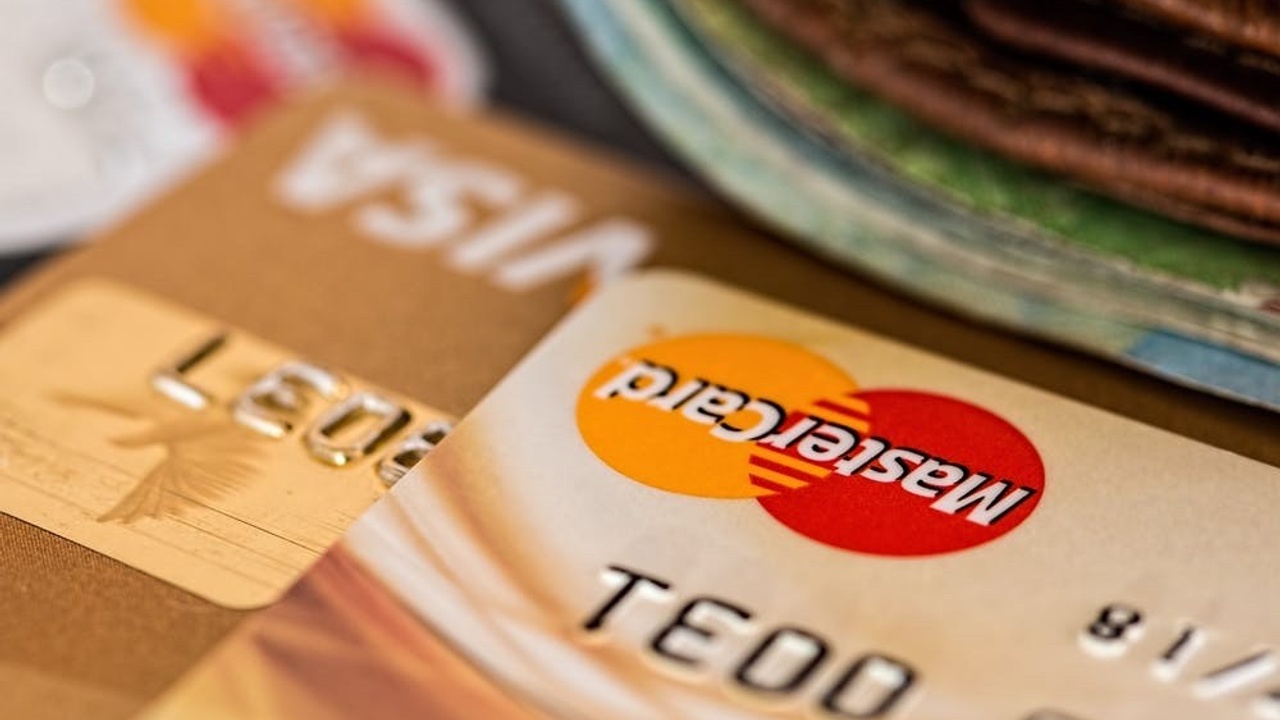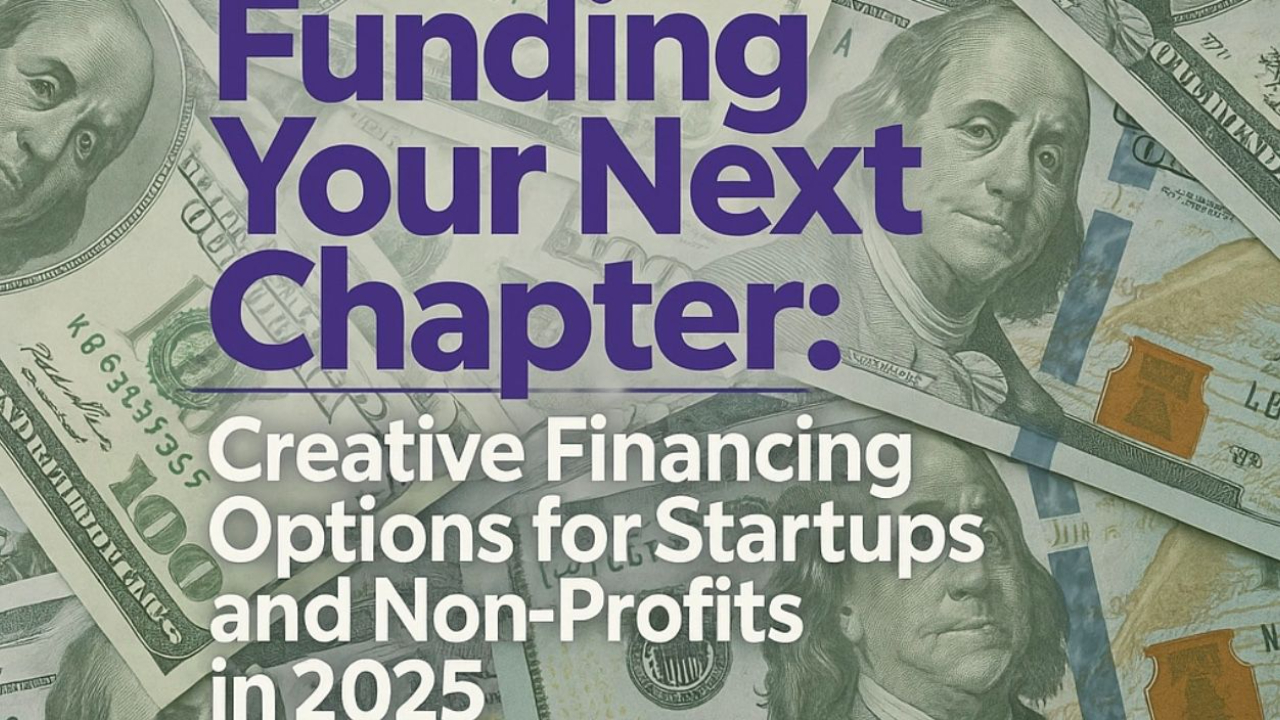
DO YOU KNOW YOUR CREDIT REPUTATION?
Nobody plans to get into financial trouble. No one plans to charge all their credit to the limit or fall behind on their payments. It just seems to happen and before you know it, you’re in over your head.
The key word here is “know”. It’s so easy to get into trouble if you don’t know how much money you can safely spend. By the same token, it’s just as easy to gain control over your finances if you do. Knowledge is power. The more you know about how your finances work, the more confidence you’ll have in your decisions to spend…or not to spend.
With knowledge on your side, you’ll be able to work with credit card companies, banks, and other financial institutions on an equal level, instead of feeling you are out of control and have no right to challenge what they have reported about you. Because you know your rights and your responsibilities, you’ll be able to ask the questions and get the information you need. And if you think you’re being charged for something in error or feel you’re being mistreated, you’ll know what to do about it, who to talk to and what you need to do to “win your case”.
One of my clients experienced a bad divorce which caused a terrible financial impact and their credit suffered as a result. They were afraid to even look at their credit report. They said, “I know my credit is bad!” So, I had to ask them how they know their credit was bad when they had not even observed their credit report in years. What if there are errors or inaccuracies on there causing you to lose points and not your fault? Being “in the know” is very important.
Ok, what really is Credit?
Using credit wisely...budgeting for your future….making good use of credit cards….three important areas that will help you develop the skills needed to get in the know and build a solid financial foundation for the future.
When was the last time you or someone you know paid cash for something big…a washing machine, a TV, plane tickets, even a car or a house? And how many people do you know who could pay cash for these types of items?
Credit is more than borrowing money. In reality, it increases our purchasing capacity. These days, most of us borrow buying power when we use our credit cards. It allows us to go to a store and “buy” a microwave right now, though we don’t pay it back for it until later.
"Credit is really an idea, not a thing at all. Actually, it’s a form of trust."
But credit isn’t just a card, any more than it’s a “free” microwave or “free” money. Credit is really an idea, not a thing at all. Actually, it’s a form of trust. If I loan you my sweater, I trust you to give it back. If a bank loan you money, he or she trusts you will repay it when you say you will.
In simple terms, credit allows you to pay later for an item you purchase now.
In today’s world, credit means convenience…it means you don’t have to say the money upfront, and you don’t have to carry cash or write a check.
This convenience isn’t free, either. It has a cost…usually called interest or finance charges, as well as other fees. Interest is what it costs you to buy now and pay later. And if you fail to pay or you pay later. And if you fail to pay or you pay late, you’ll pay in other ways, too, including penalties or loss of privileges, that is, loss of convenience.
Credit is made possible by agreement
What makes credit possible? Again, trust. When we’re friends and I loan you my sweater, our trust is understood. But if I don’t know you, if I’m a credit card company or a bank, we make our trust formal and put it in writing. In other words, we make a promise. The promise is written down as an agreement between you and your lender. There are many kinds of credit agreements, known as “debt instruments”. Some are simple, some more complicated. But they all ask you, the borrower to:
- Provide accurate information about yourself;
- Understand and abide by the “terms” of the agreement (value, repayment period, and interest); and
- Agree to these terms by signing on the dotted line

All credit involves risk
Keep in mind that all kinds of credit involve risk, both for the lender and the borrower.
Credit cards will always have the highest interest because there is no collateral and therefore fewer ways to get their money back, so the risk is greater. Versus a home mortgage interest rates are must lower because the lender can foreclose on your home and get some or all of the money back.
Lenders make their money by lending, that is, by collecting the interest and fees they charge you for the convenience of using a line of credit or a loan. But like anyone, lenders try to minimize risk.
GOOD CREDIT OR BAD CREDIT?
So what do we mean when we say a person has “good credit” or “bad credit”? It really has to do with your financial reputation and you’re history as a borrower. It also has to do with how good (or poor) a risk you are in the eyes of lenders.
"Good credit may not open doors for you by itself, but it certainly puts you on the doorstep. Bad credit, on the other hand, can and does close doors of opportunity for you. "
It’s a reputation that precedes you. If lenders see you as a bad risk, as someone who can’t or won’t repay, you may not be able to buy that car or that house or get that credit card to buy that washer/dryer you need. And if one lender sees other lenders turning you down, he or she is likely to consider you a poor risk and turn you down or charge you more for the privilege of borrowing.
As we noted, nobody sets out to get bad credit, and it doesn’t happen all at once or overnight. It may start with a late payment here and there, but then it can snowball. Maybe your car breaks down and you need some emergency money. Or you get laid off. Somehow, you fall behind and you’re in pretty deep before you know it. Unfortunately for you, not only are you struggling through tough times, but then word gets around about your financial woes.
Years ago that “word” was word of mouth. Now, however, it's bits of information stored in files on computers. Lenders now measure your credit reputation with the information they obtain from what’s known as a credit report. The bad news is…late payments and other “negative” marks on your credit history stay in your report for seven to 10 years.
Your credit reputation is based on a credit report
Like back in the day, credit was extended based on “your good name” and your reputation in the community for follow-through and trustworthiness.
Nowadays, creditworthiness is done entirely by computer-generated credit reports, better known as the credit file, bureau file, or credit rating.
Being in the know about your Credit reputation is power. You have the right to know what your creditors and lenders report about you. Remember, you are in control of your Credit Reputation!
#masteryourmindandyourmoney

Imagine having all the tools & support you ever needed to start your dream business... today.
I'm talking not only heftier numbers in that bank account. I'm talking the freedom to do what you want, when you want, because you can work however you want, whenever you want.
















